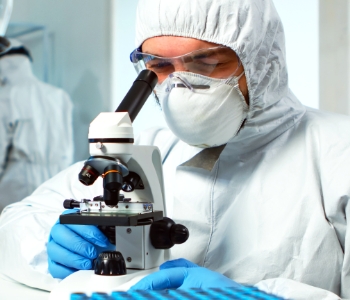Testing your water quality is one of the most important things you can do for your drinking water. As they say, "you are what you eat". If you're a fish, that means that the quality of your food directly impacts the quality of your body. Your body is made up of 60% water, so it's crucial to make sure that there are no contaminants in the water that you consume. Find out how and when to test water quality – and what you should be on the lookout for! Get more info about water quality in Canada, via visiting various online sources.

There are a few common problems that can occur if you don't test your water quality regularly. The first is that your water could become contaminated with harmful bacteria or other pollutants. This can cause serious health problems, including gastrointestinal illness, skin infections, and even death.
Another problem that can occur is that your water could become hard or acidic. This can damage your plumbing and appliances, and make it difficult to use your tap water for drinking, cooking, or bathing.
Finally, if you have a private well, you could inadvertently contaminate your groundwater if you don't properly test and treat your water. This can pollute the local water supply and potentially harm the environment.
It is important to test for a variety of different contaminants, including bacteria, lead, and pesticides. Depending on the results of your tests, you may need to take steps to improve your water quality. However, even if your water tests are within the acceptable range for all contaminants, it is still a good idea to test it regularly so that you can catch any problems early.
